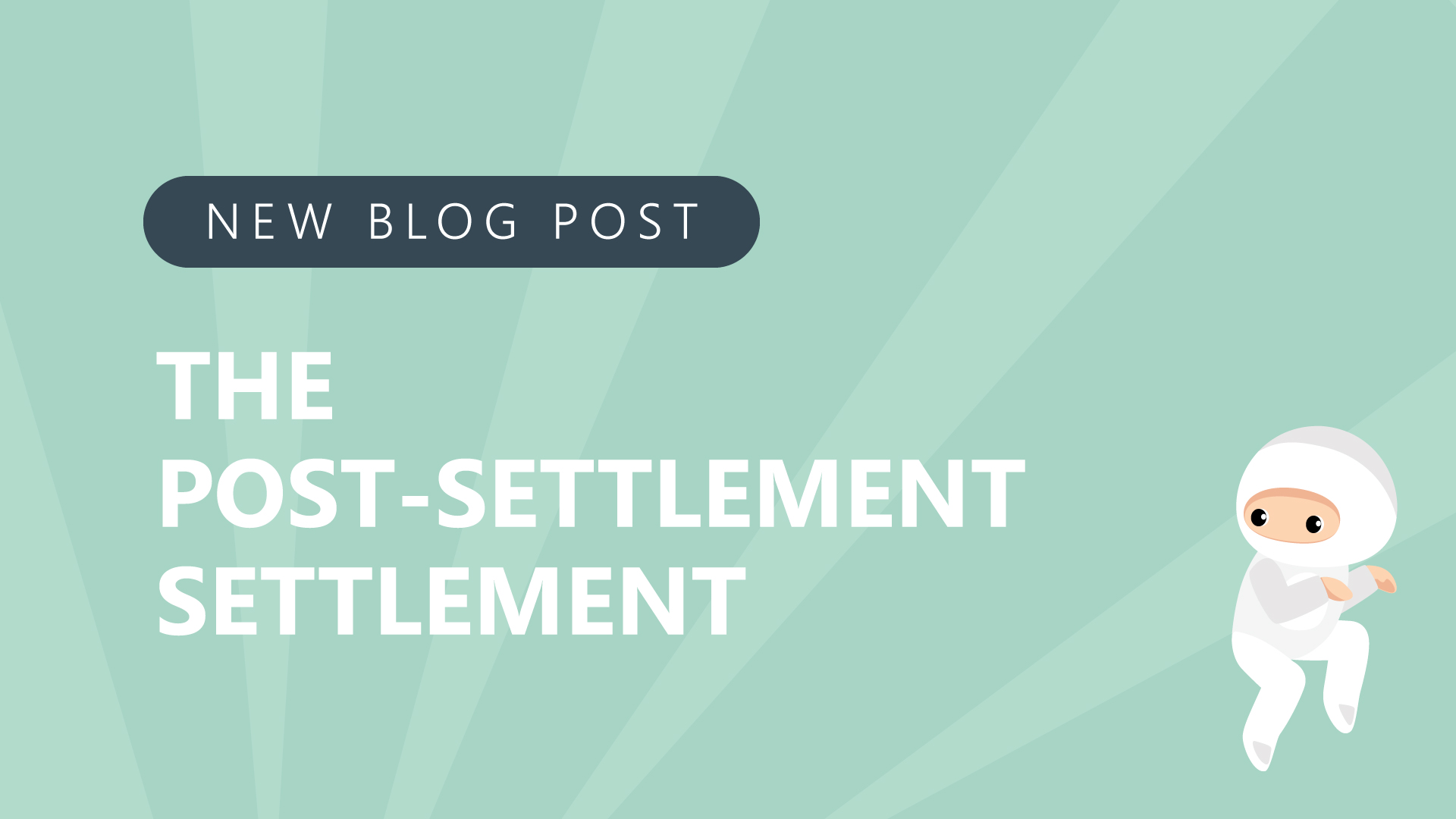Is there a way to optimize an agreement that’s already been made? Is there still time to make it better? What is the post-settlement settlement?
Many people don’t see negotiation as a creative problem-solving process. They see it as haggling or bargaining. However, the point isn’t just to reach an agreement—but to reach an agreement that meets your needs as best as possible.
Dr. Weiss was completing negotiation training with a recycling company. During a break in his sessions, he was speaking with two young professionals. They were excited because they had just closed a deal with a company they had previously had a two-year agreement with. They were re-upping the contract for another two years. All they had to do was sign and move forward.
After congratulating them, Dr. Weiss asked if they had explored what they could add to make the deal better. The young professionals were somewhat confused. Everyone was happy with the agreement, so why make any changes?
A simple question can change the game
Howard Raiffa popularized the idea of the post-settlement settlement. When you get to an agreement, before you sign, ask the counterparty, “Is there any way that we could make this better for both of us?” You want to do so after an agreement has been reached. Why? Because the pressure is off, and you’re able to think more creatively.
You ask the question to find out if there are things they value that were never talked about. Adding them into the agreement should be a mutual benefit for each one of you.
So they went to think about it and brainstormed a few ideas they thought could be beneficial. After the training, they called their counterpart and asked the question. A few days later, they reached out to Dr. Weiss. The length of the contract they had originally agreed to was two years, but it benefitted both of them to agree to a four-year contract. The client moved the delivery date as well. It was a win for both parties.
Negotiation is about maximizing value
The essence of really good negotiation is maximizing value, right? Yet people don’t often go there. Because of this, they’re missing out on turning a good agreement into a great agreement.
People approach the post-settlement agreement thinking that it’s complex. But once the weight of getting to an agreement is off your shoulders, it frees you up, and new ideas spark. All you have to do is use simple questions to unlock complex issues. What’s the harm in doing it? If you find nothing, you’re already set. Even 10–15 minutes can yield something.
Be mindful of your setup
The counterparty may think you’re trying to sneak something in or nickel and dime them, which is why the setup for your question is important. You need to make sure they know you’re comfortable with the agreement as it is. But you’re asking the question to see if there’s more value to be had for both parties. Point out that it will only work if it’s better for both of you, not just you.
Throw hypotheticals on a whiteboard. Toss around ideas to begin to generate better ones. You have to get people to think differently. People see how things can emerge in front of them. Some people don’t know there’s another way to negotiate and think it can only be positional, so they hold back information.
Dr. Weiss employs numerous genius strategies that are outside of the realm of “normal” negotiation strategy. To hear more of his tactics, strategies, and the post-settlement settlement, listen to episode #219 of the Negotiations Ninja podcast!

